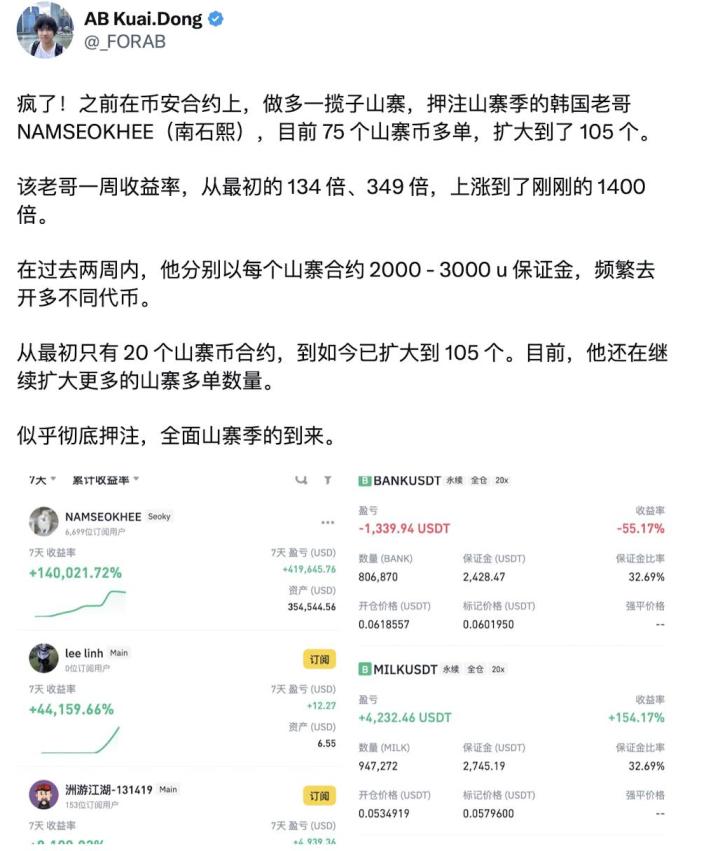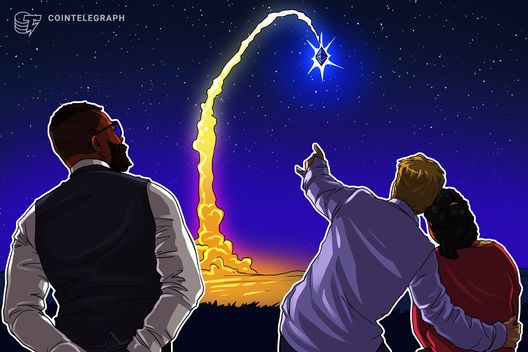Recently, on-chain AI Agents seem to show signs of recovery. Protocols like MCP, A2A, and UnifAI are complementing and interconnecting to become a new Multi-AI Agent interaction infrastructure, upgrading AI Agents from pure information push services to execution application tool service levels. The question is, could this be the beginning of the second spring of on-chain AI Agents?
1) MCP (Model Context Protocol): An open standard protocol launched by Anthropic, essentially creating a "neural system" connecting AI models with external tools, solving the interoperability problem between Agents and external tools. Google DeepMind has expressed support, quickly making MCP an industry-recognized protocol standard.
MCP's technical value lies in standardizing function calls, allowing different LLMs to interact with external tools in a unified language, akin to the "HTTP protocol" of the Web3 AI world, but with shortcomings in remote secure communication (with multiple security reports analyzed by @SlowMist_Team @evilcos), especially when interaction behaviors involving assets become intensive;
2) A2A (Agent-to-Agent Protocol): A Google-led inter-Agent communication protocol, similar to a "Agent social network" protocol framework. Compared to MCP's focus on AI tool connections, A2A concentrates more on communication and interaction between Agents. Through the Agent Card mechanism, it solves capability discovery issues, enabling cross-platform, multi-modal Agent collaboration, and has gained support from over 50 enterprises including Atlassian and Salesforce.
Functionally, A2A is more like a "social protocol" in the AI world, allowing different small AIs to collaborate through a unified approach. Personally, I feel the significance of Google's endorsement for AI Agents goes beyond the protocol itself.
3) UnifAI: Positioned as an Agent collaboration network, attempting to integrate the advantages of MCP and A2A, providing cross-platform Agent collaboration solutions for small and medium enterprises. Its layout is similar to a "middleware", hoping to make the Agent ecosystem more efficient through a unified service discovery mechanism. However, compared to other protocols, UnifAI's market influence and ecosystem construction remain insufficient, and may focus on a specific niche scenario in the future.
@darkresearchai: A Solana blockchain-based MCP server application implementation that provides security guarantees through TEE trusted execution environment, allowing AI Agents to directly interact with the Solana blockchain, such as querying account balances, issuing tokens, etc.
The protocol's biggest highlight is the path of empowering AI Agents in DeFi, solving the trusted execution problem of on-chain operations. Its corresponding ticker $DARK has been quietly rising against the trend, but with a cautious attitude of "once bitten by a snake, afraid of the rope for ten years", I will not make a recommendation. However, DARK's application-layer expansion based on MCP indeed opens up a new direction.
The question is, what expansion directions and opportunities can on-chain AI Agents generate using these standardized protocols?
1) Decentralized execution application capabilities: Dark's TEE-based design solves a core problem - how to make AI models trustworthily execute on-chain operations. This provides technical support for AI Agents' landing in the DeFi field, meaning more AI Agents that can autonomously execute transactions, issue tokens, manage LPs, etc., may emerge in the future.
Compared to past Agent models that were purely conceptual hype, this ecosystem with practical value is the true value. (However, Dark currently only has 12 limited Actions on GitHub, which can only be considered a good start, and there is still a distance from completely breaking free from the conceptual stage to large-scale application landing)
2) Multi-Agent collaborative blockchain network: A2A and UnifAI's exploration of multi-Agent collaboration scenarios brings new network effect possibilities to the on-chain Agent ecosystem. Imagine a decentralized network composed of multiple professional Agents that might break through the capability boundaries of a single LLM, forming an autonomous collaborative decentralized market, which perfectly matches the distributed network characteristics of blockchain.
In any case, the AI Agent track is escaping the "MEME-ization" dilemma, and the development path of on-chain AI might first solve cross-platform standard issues (MCP, A2A), then derive application-layer innovations (like Dark's attempts in DeFi).
The decentralized Agent ecosystem will form a new layered expansion architecture: the bottom layer is basic security guarantees like TEE, the middle layer is protocol standards like MCP/A2A, and the top layer is specific vertical scenario applications. (This might be a negative impact for previously pure web3 AI on-chain standard protocols? Trembling...)
For ordinary users, after experiencing the first wave of on-chain AI Agent ups and downs, what to focus on is no longer who can hype the largest market value bubble, but who can truly solve core pain points like security, trustworthiness, and collaboration in the combination of Web3 and AI. As for how to avoid falling into another bubble trap, I personally think just observing whether the project's progress can closely follow web2's AI technological innovations.
To summarize:
1. AI Agents will have a new wave of application-layer expansion opportunities based on web2 AI standard protocols (MCP, A2A, etc.);
2. AI Agents are no longer satisfied with single-entity message push services, and multi-AI Agent interaction collaboration execution tool services (DeFAI, GameFAI, etc.) will be the new highlight.








